The Red Sea has been on fire again in recent days as the conflict between the US-led military coalition and the Houthi forces is at risk of escalating out of control.
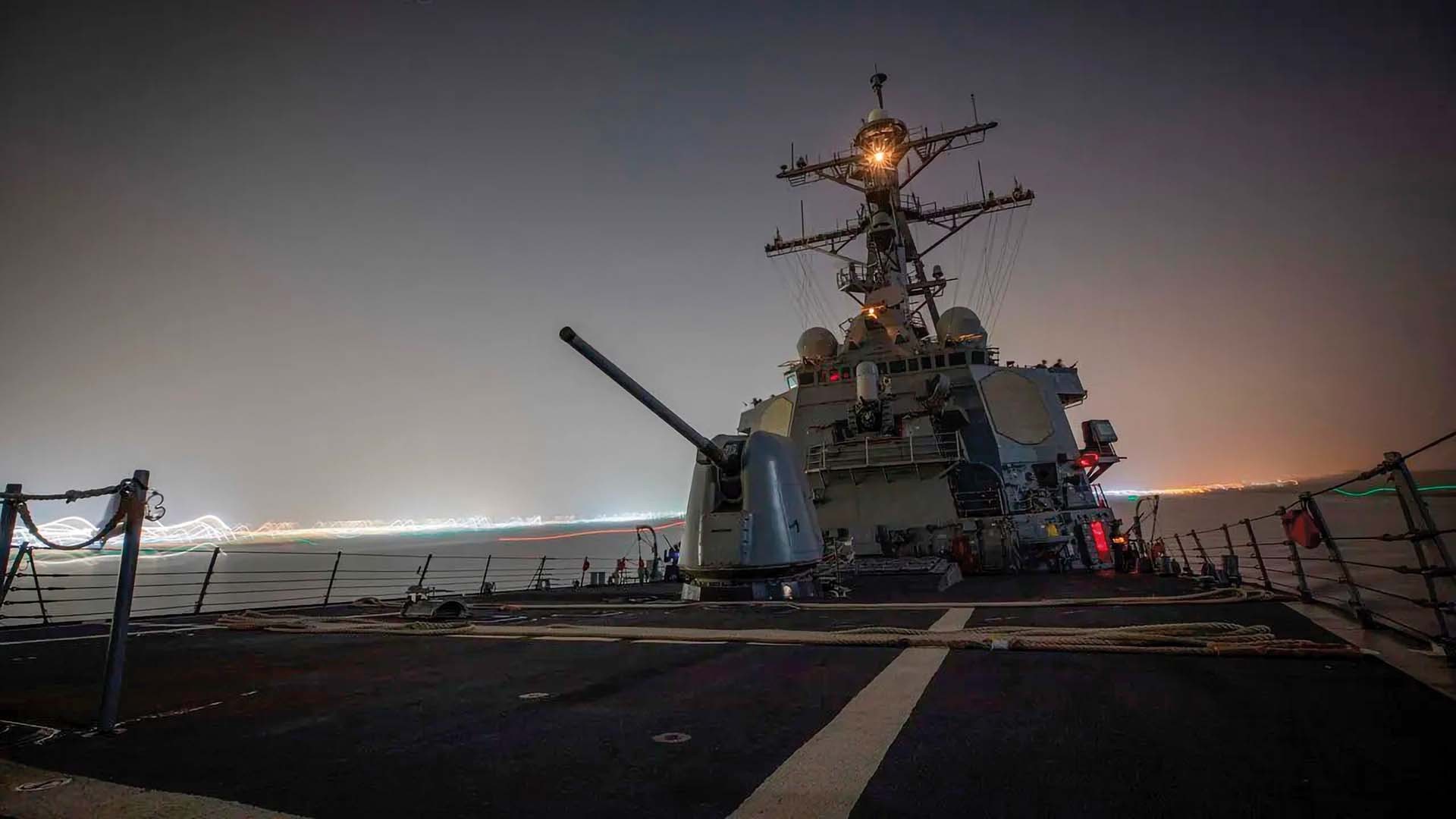 |
| The US has established a maritime patrol coalition in the Red Sea to prevent Houthi attacks on commercial and cargo ships. (Source: AFP) |
While Israel continues its military operations in Gaza, the United States is conducting a major operation in the Red Sea, with US warships maintaining a constant presence to protect shipping lanes.
The US is leading an international military coalition in the Red Sea and the Bab al-Mandab Strait, where oil tankers and commercial vessels have been targeted by Yemen’s Houthi rebels. The US-led intervention has brought Washington into direct conflict with the Houthis, who have said they will continue their attacks until Israel ends its military operations in Gaza.
The operation protects one of the world's major trade routes in the Red Sea and the Bab al-Mandab Strait, according to a senior US official.
Strategic shipping route
For years, the US military has played a central role in the Red Sea, a major shipping route between northeastern Africa and the Arabian Peninsula, facilitating regional trade.
In April 2022, the US military oversaw the creation of Combined Joint Task Force 153, a multinational naval force tasked with patrolling the Red Sea, the Bab al-Mandab Strait, and the Gulf of Aden. “As anyone can appreciate, those waters are critical to the free flow of commerce throughout the region,” Vice Admiral Brad Cooper, commander of US Naval Forces in the Middle East, explained at the time.
The Red Sea is a major shipping route, accounting for nearly 15% of all seaborne trade. It facilitates trade between Asia and Europe, allowing merchant ships to save time by going through the Middle East rather than around Africa. The Red Sea is also a major shipping route for the world’s oil and natural gas. A large amount of oil from Iraq, Saudi Arabia, and other Persian Gulf countries is shipped through the Red Sea to markets in Asia, Europe, and North America. Overall, the Red Sea accounts for 8% of global trade in liquefied natural gas (LNG) and 12% of seaborne oil trade.
Speaking at a press conference on January 3, White House spokesman John Kirby stated: “The Red Sea is an important waterway. A large amount of global trade passes through the Red Sea."
Of particular concern to U.S. officials is the Bab al-Mandab Strait, located at the southern end of the Red Sea. Just 17 miles wide at its narrowest point, the strait forms a complex chokepoint, forcing commercial ships into narrow shipping lanes.
As of early 2023, an estimated 8.8 million barrels of oil are expected to pass through the Bab al-Mandab Strait each day, making it one of the world’s most important chokepoints. “The Bab al-Mandab Strait is a strategic route for oil and natural gas shipments,” the US Energy Information Administration notes.
Under the “Guardians of Prosperity” initiative, the United States is working with coalition partners to establish what US officials call a “continuous presence” in the southern Red Sea.
As part of the operation, French, British and American warships will be deployed across the southern Red Sea. This force has been reinforced by the Eisenhower aircraft carrier strike group, located in the Gulf of Aden.
Currently, the US-coordinated military coalition has been in conflict with the Houthi forces, and in the clash on December 31, US forces sank three small Houthi boats, killing 10 rebels.
Careful calculations
This is not the first time the US has clashed with the Houthi forces. For years, the US has supported Saudi Arabia in Yemen against the Houthi rebels.
The Saudi-led military intervention in Yemen has created one of the world’s worst humanitarian crises, killing more than 377,000 people. A temporary truce that began in April 2022 has helped ease hostilities, but the conflict has never ended, raising concerns that it could flare up again at any time. The United States has been the main power involved throughout Saudi Arabia’s military campaign in Yemen and Israel’s military campaign in Gaza.
As some major companies have begun to halt operations in the Red Sea, some current and former U.S. officials have called for more aggressive military action, such as strikes against Houthi targets in Yemen. The U.S. last took direct action against the Houthis in October 2016, when a U.S. warship fired cruise missiles at radar stations in Yemen.
However, US officials remain cautious about directly confronting the Houthis, and President Biden has so far decided not to attack Houthi targets, even after military options were presented.
Washington's biggest concern is that any form of escalation with the Houthis could reignite the war in Yemen.
Another major concern is that further US involvement will create further problems for the US and its allies. If the US attacks the Houthis, the Houthis could respond by bringing the conflict to areas beyond the Red Sea, such as Israel. Already, the Houthis have launched drones and missiles at Israel.
U.S. officials are so concerned about the impact of the conflict with the Houthis that they have not accused them of attacking the United States, even though the Houthis have repeatedly launched drones and missiles at U.S. warships. Other members of the current U.S.-led military coalition have similar concerns, with some even refusing to disclose their participation in the U.S.-led military coalition.
Source


![[Photo] General Secretary To Lam receives King Philippe of Belgium](https://vstatic.vietnam.vn/vietnam/resource/IMAGE/2025/4/1/e5963137a0c9428dabb93bdb34b86d7c)

![[Photo] Prime Minister Pham Minh Chinh meets with King Philippe of Belgium](https://vstatic.vietnam.vn/vietnam/resource/IMAGE/2025/4/1/be2f9ad3b17843b9b8f8dee6f2d227e7)

![[Photo] President Luong Cuong and King Philippe of Belgium visit Thang Long Imperial Citadel](https://vstatic.vietnam.vn/vietnam/resource/IMAGE/2025/4/1/cb080a6652f84a1291edc3d2ee50f631)
![[Photo] Close-up of Vietnam's sniffer dog team searching for earthquake victims in Myanmar](https://vstatic.vietnam.vn/vietnam/resource/IMAGE/2025/4/1/d4949a0510ba40af93a15359b5450df2)
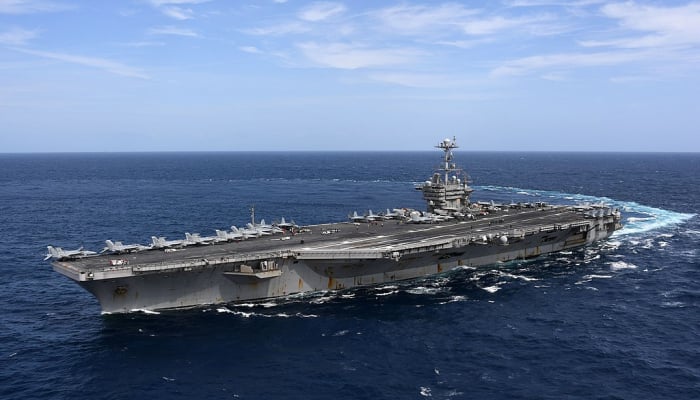

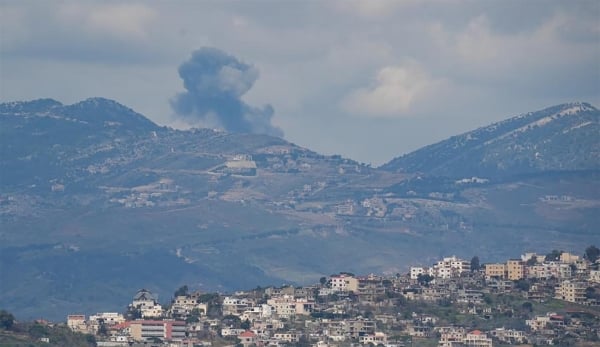
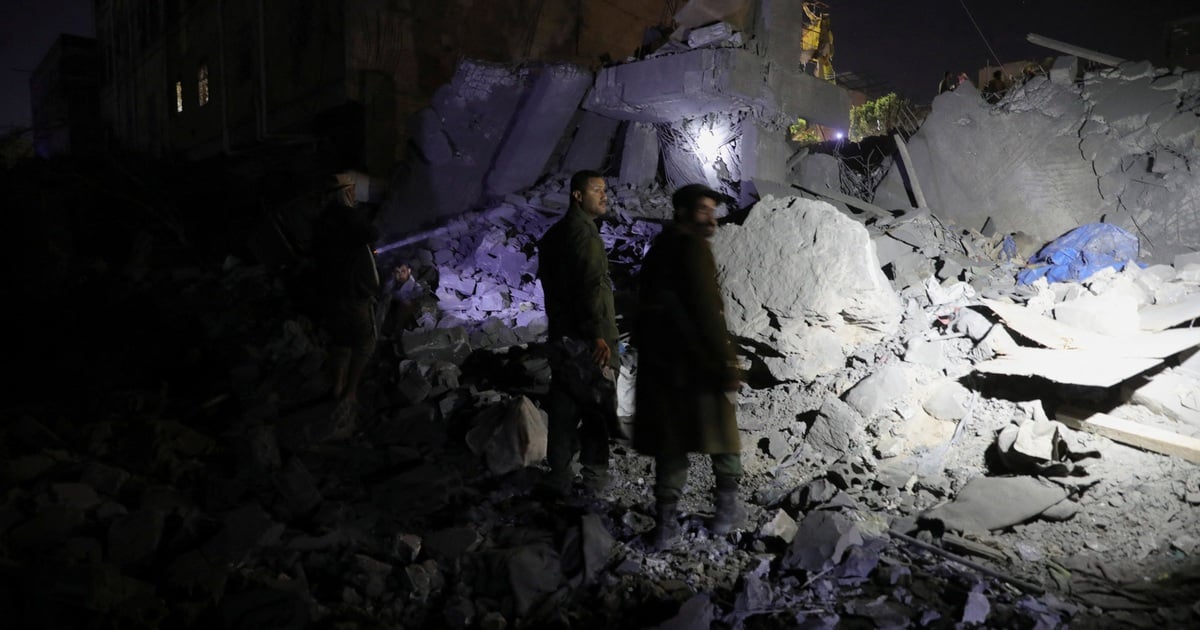


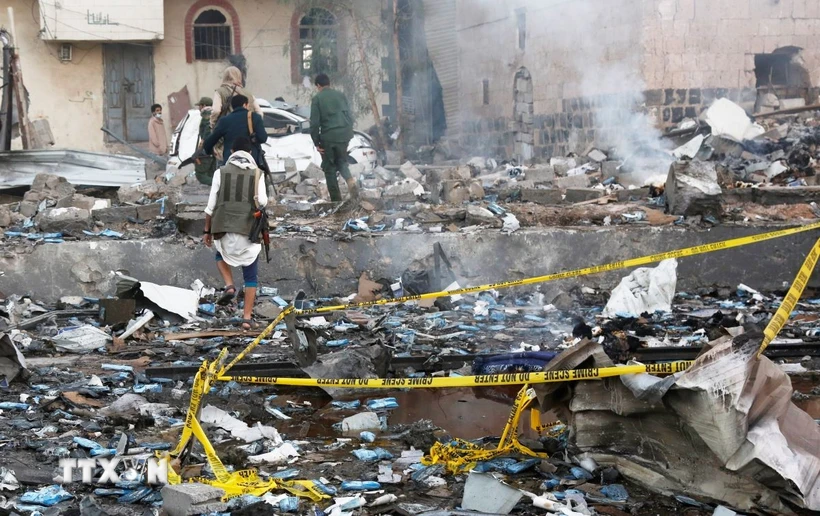


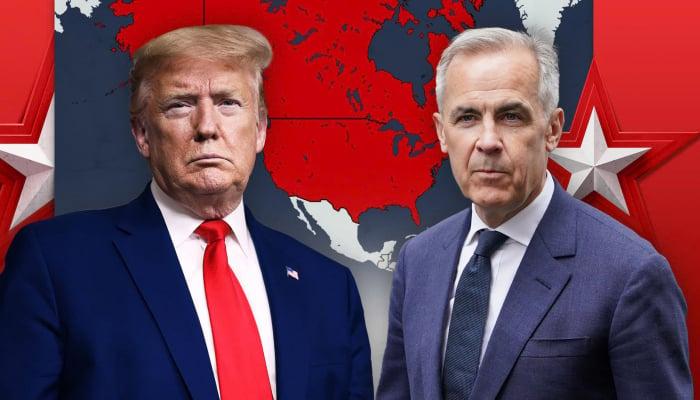

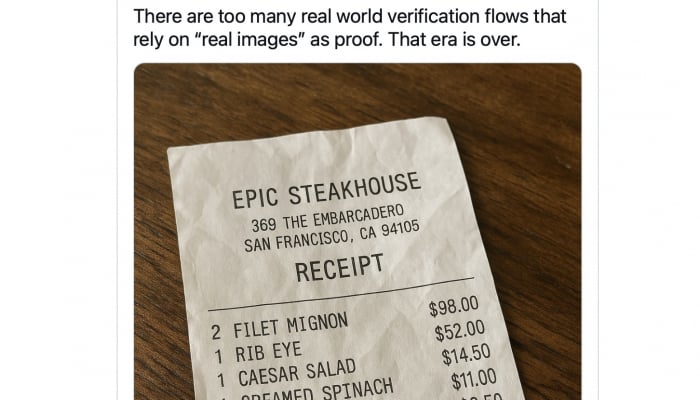
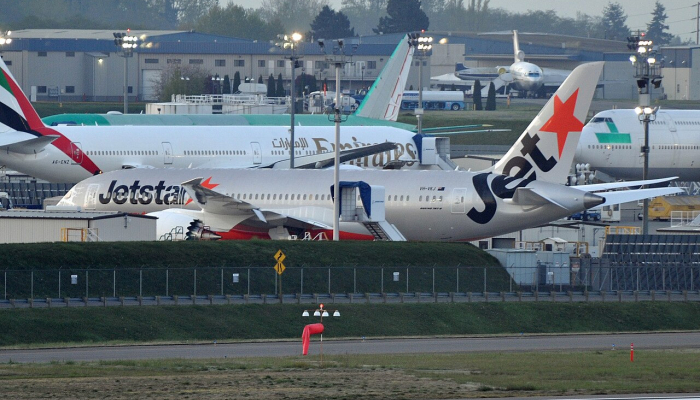
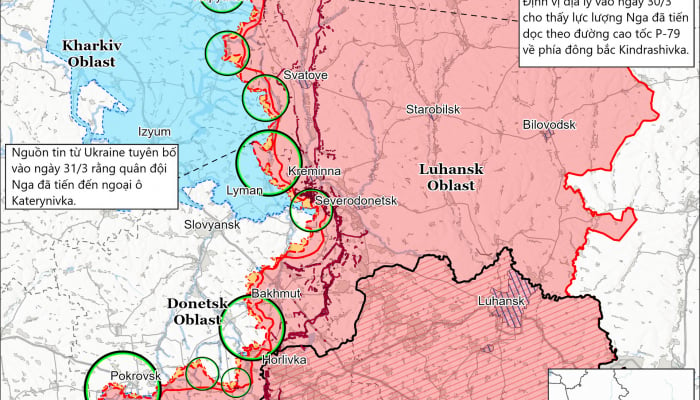
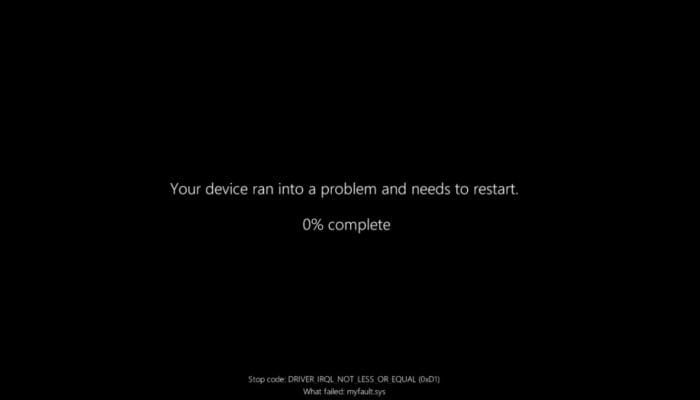










![[Photo] Myanmar's capital in disarray after the great earthquake](https://vstatic.vietnam.vn/vietnam/resource/IMAGE/2025/4/1/7719e43b61ba40f3ac17f5c3c1f03720)































































Comment (0)